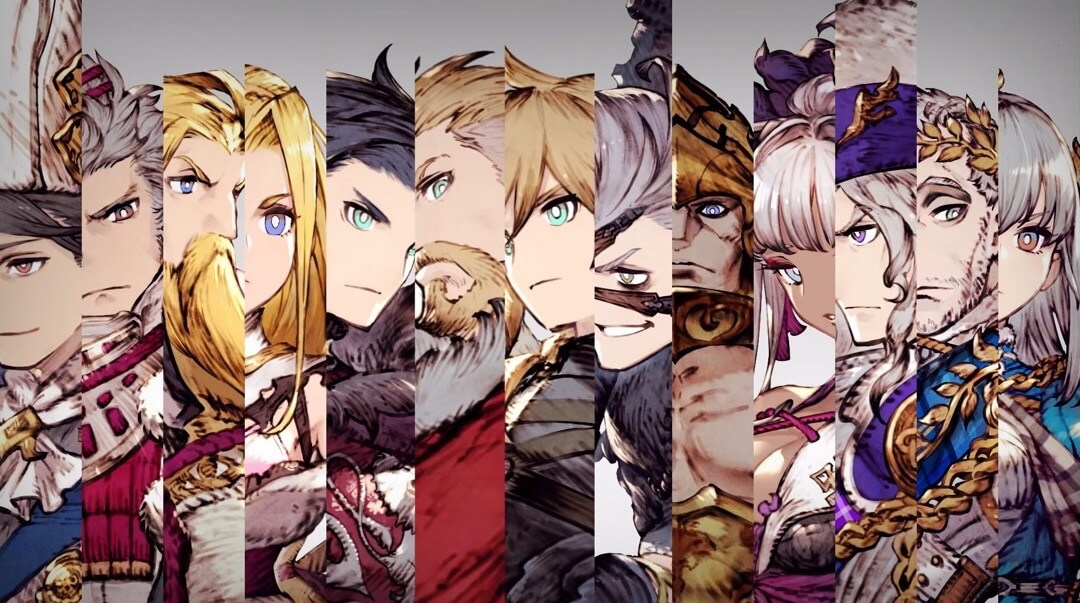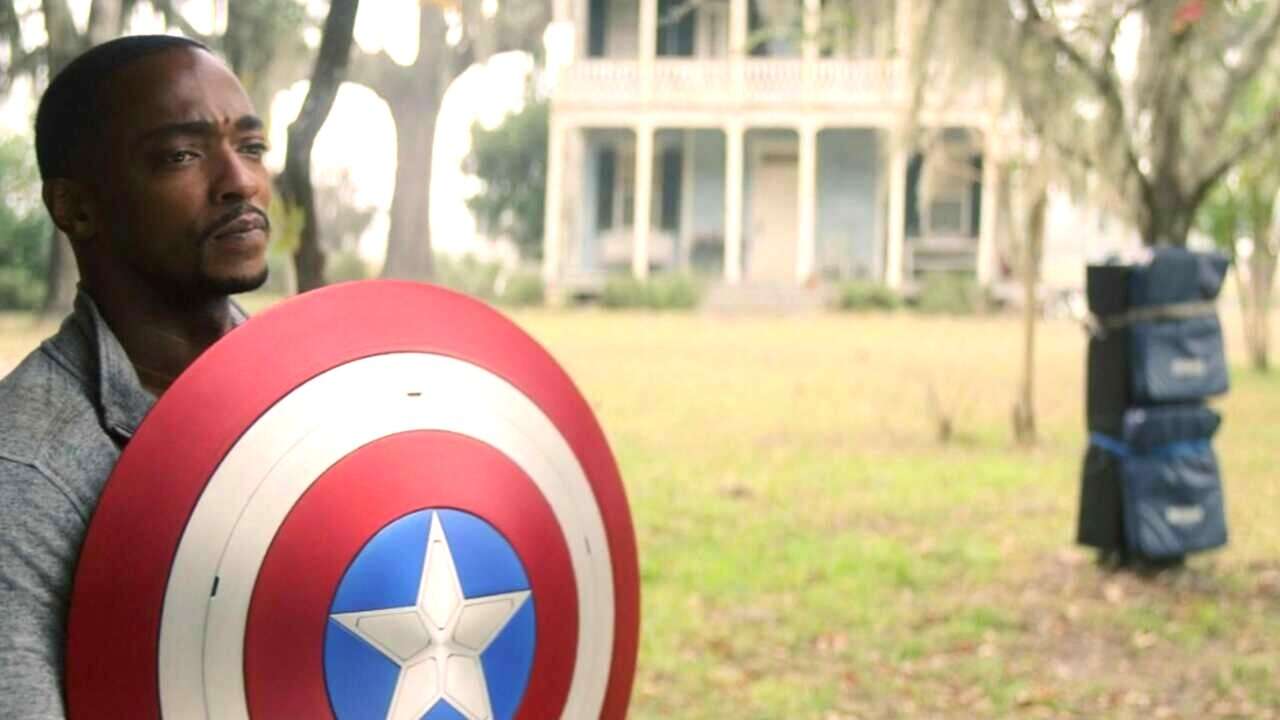A curious new page in the history of Magic: The Gathering was written earlier this year when Dr. Robert Hovden, an academic and a legal provocateur, copyrighted his personal deck of cards. First reported on by author, activist, and journalist Cory Doctorow on Sunday, the successful filing with the United States Copyright Office raises several curious questions about the future of the original collectible card game.
The larger Magic community — everyone from casual players to world champion professionals — all make their own decks. That’s literally the point of the game. They even give them personalities, with names keyed to their strategies, their core mechanics, their dominant colors of mana, or sometimes just the characters found inside. But apparently no one has been bold enough to copyright those decks until now.
Enter Hovden, an assistant professor of materials science and engineering at the University of Michigan. You might remember him from a stunt he pulled in 2014 when he printed the works of M.C. Escher using nanoscale lithography on tiny silicon disks. From Doctorow’s article, published on Medium:
Hovden’s latest [attempt at baiting an IP holder] is filing for — and receiving — a copyright on a Magic: The Gathering deck he calls “Angels and Demons.” This deck — a collection of cards made by a corporation through work-for-hire arrangements with creators — is now claimed as Hovden’s exclusive IP.
Hovden’s public communications around this tease that he may prohibit others from using this deck in tournament play, and says it’s all about “owning culture and people’s participation in culture through copyright.”
Magic was designed by Richard Garfield and released by Wizards of the Coast in 1993. Over the years the company has been aggressive at protecting its intellectual property, most recently going to court over a game that it claimed was “blatant and willful misappropriation and infringement of some of Wizards’ most valuable intellectual property assets.” In fact, Wizards legal team is a major reason why no other game developer in their right mind will ever tell players to “tap” cards in their game. You can “bow” your cards, you can “exhaust” your cards, but gods forbid that you tap them even once on accident.
But, as Doctorow points out, competitive Magic is all about building the perfect deck to dominate on the tournament circuit. If anyone can get a copyright for their collection of cards — cards that Wizards bought, paid for, and owns the rights to in literally every other respect — then what does that mean for players?
The implication is that this could spark a stampede to register copyright in M:TG decks — which are painstaking assembled for home games and tournament play, sometimes with big-dollar cash payouts — and take the best decks out of the game.
This is indeed a gnarly question about the ethics, mechanics and practicalities of US copyright law.
Doctorow leaves that gnarly question open, before going on to highlight a stunning collection of freely available legal texts that you can use to learn more about the subject. The truth is that we’ll need to wait and see how Magic players respond — and how Wizards responds in kind.
So what happens to the value of a copyrighted deck, one that contains not only rare and powerful individual cards but cards that have been specifically curated to win? And what kinds of legal gymnastics will be required of the owner of those cards to protect their investment?
Source: Polygon





















